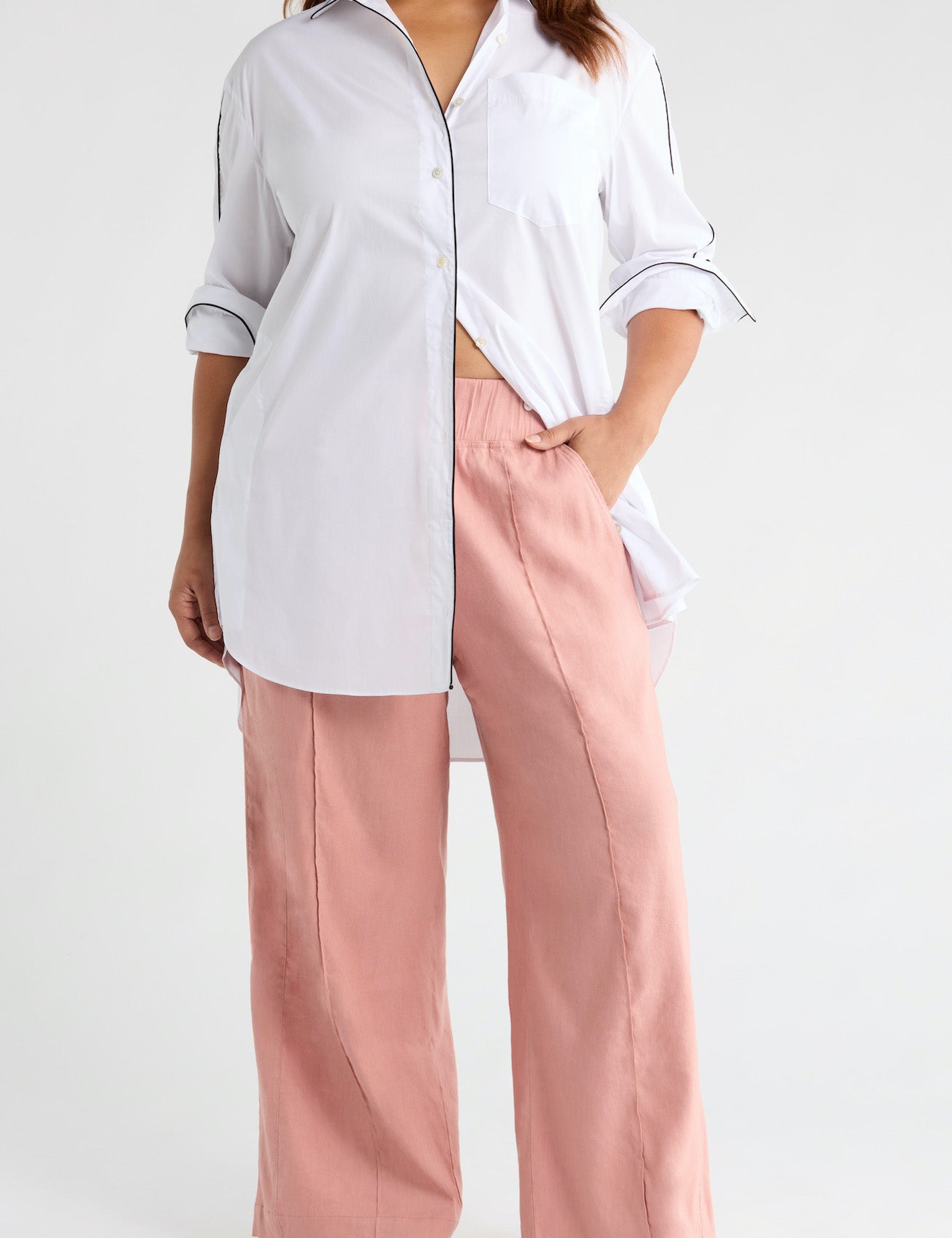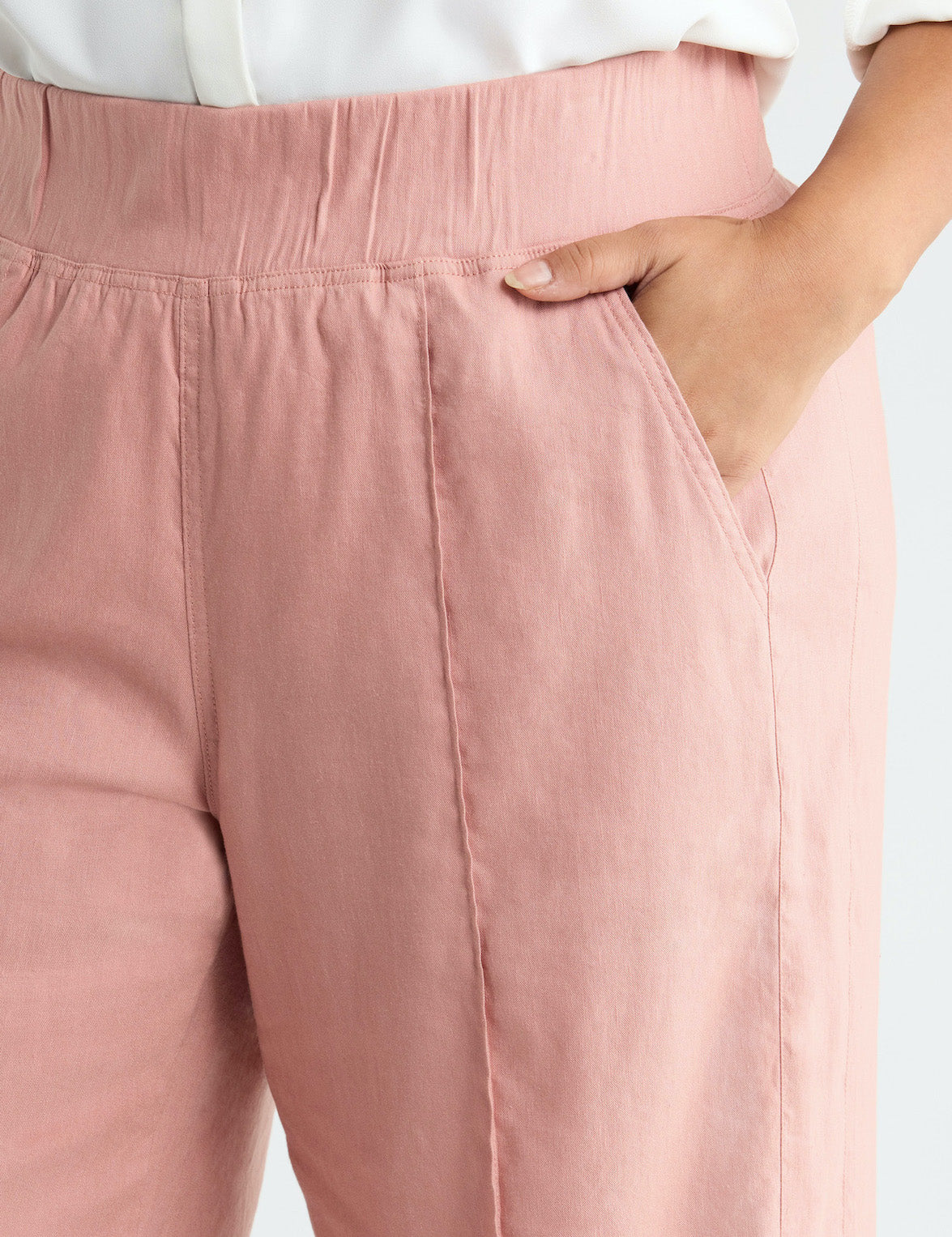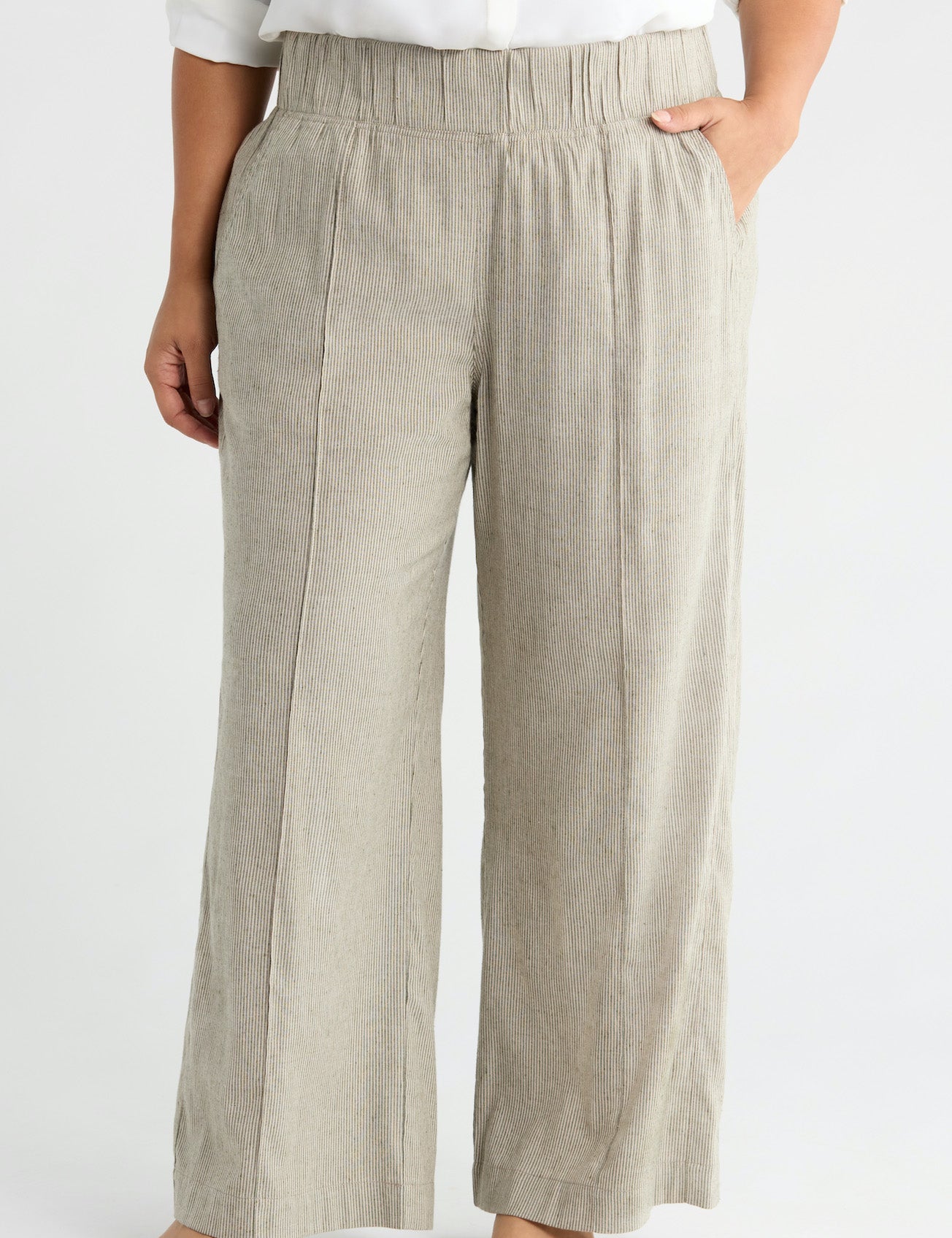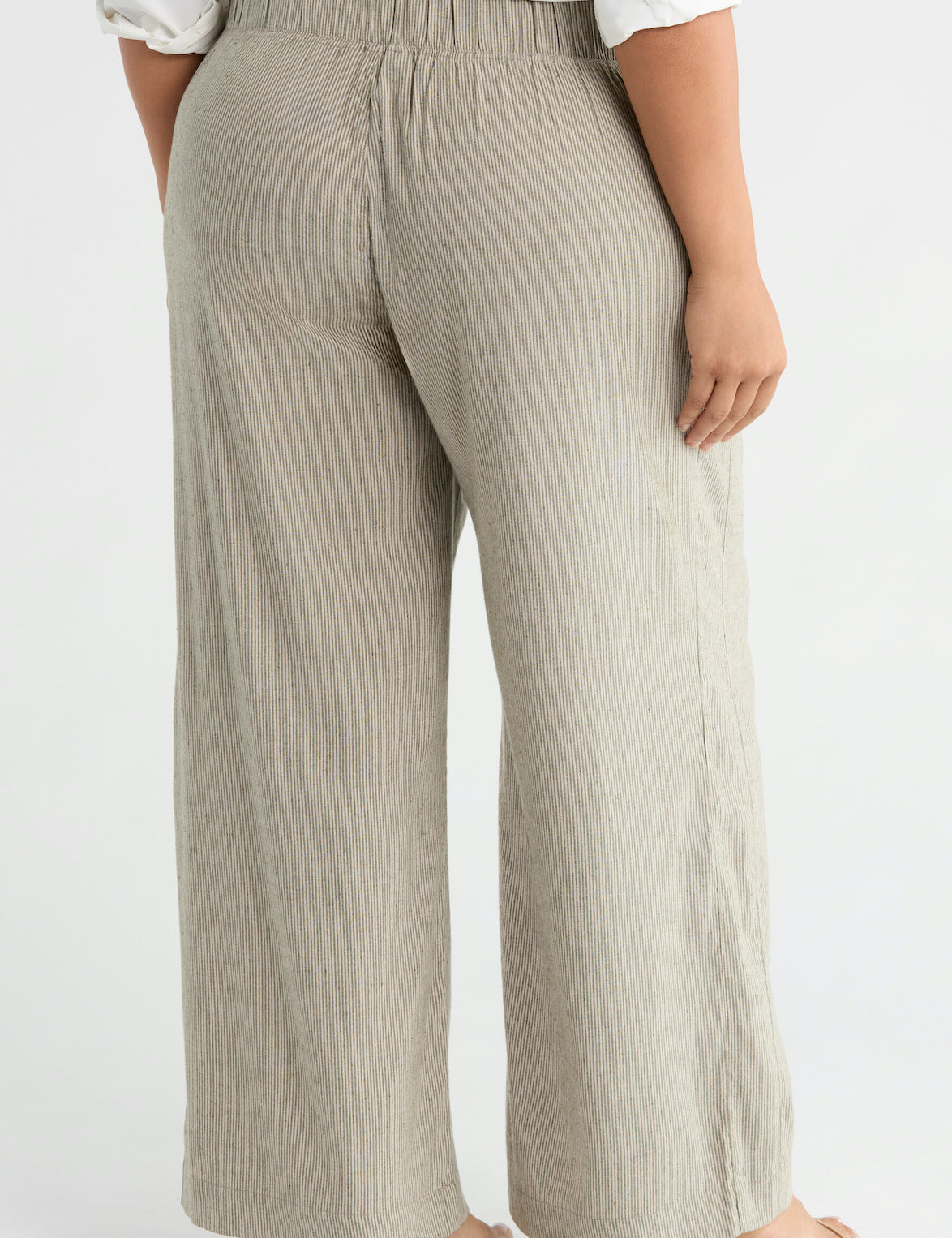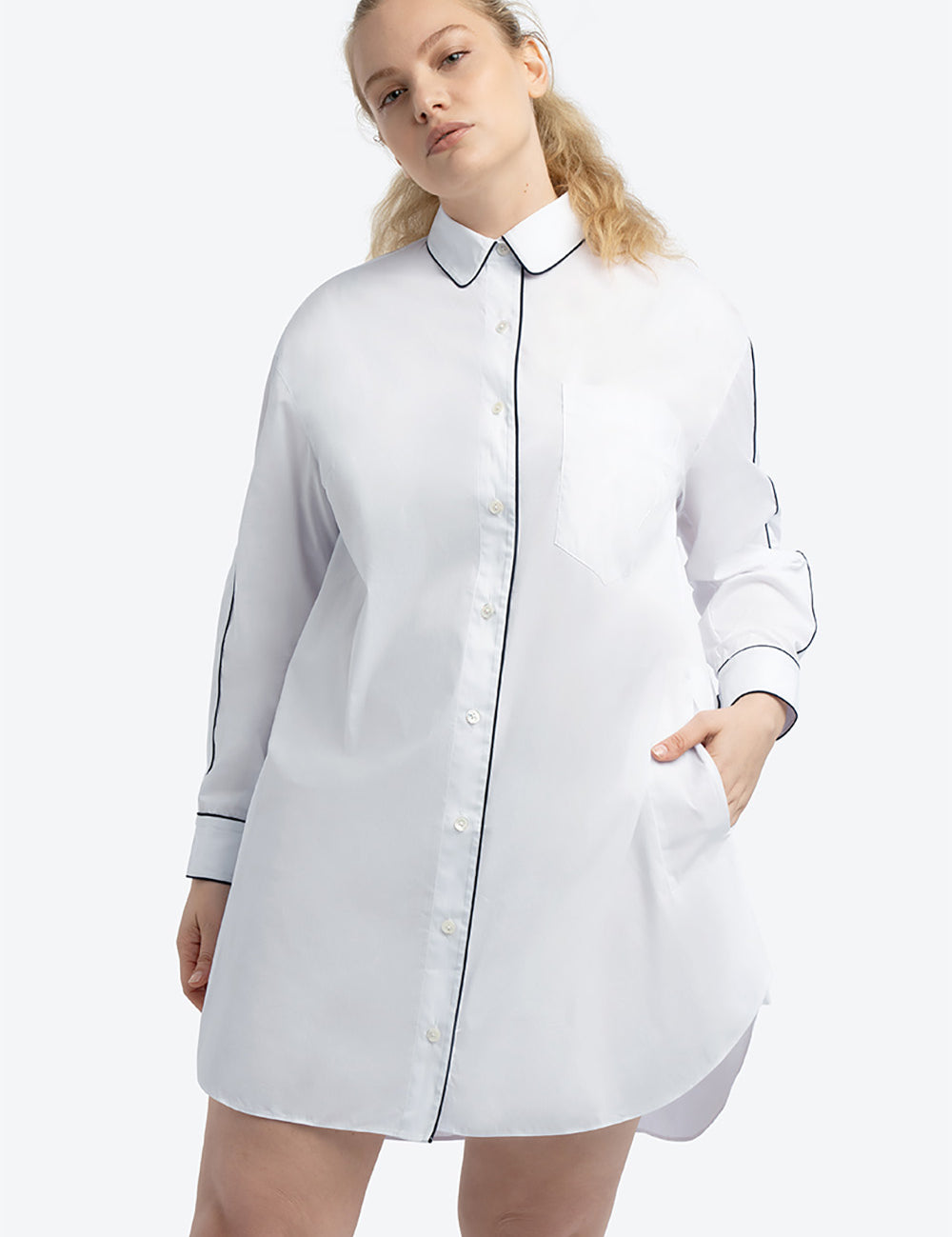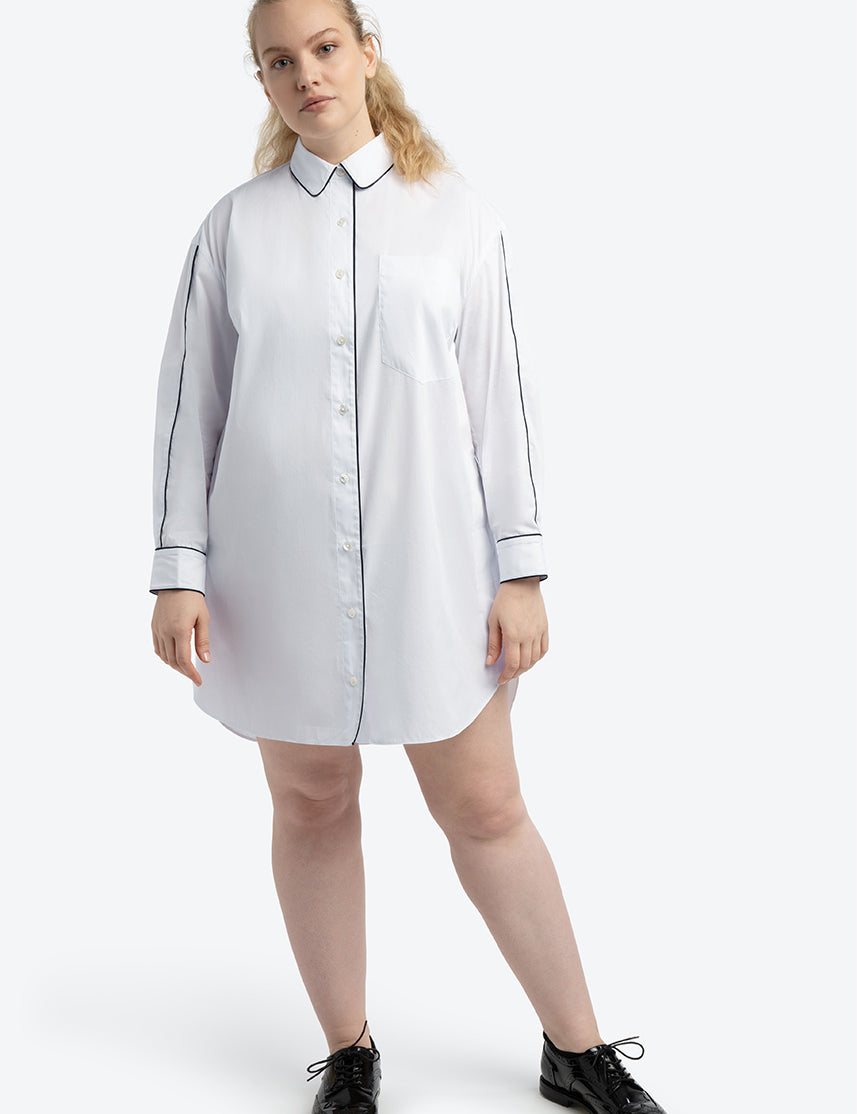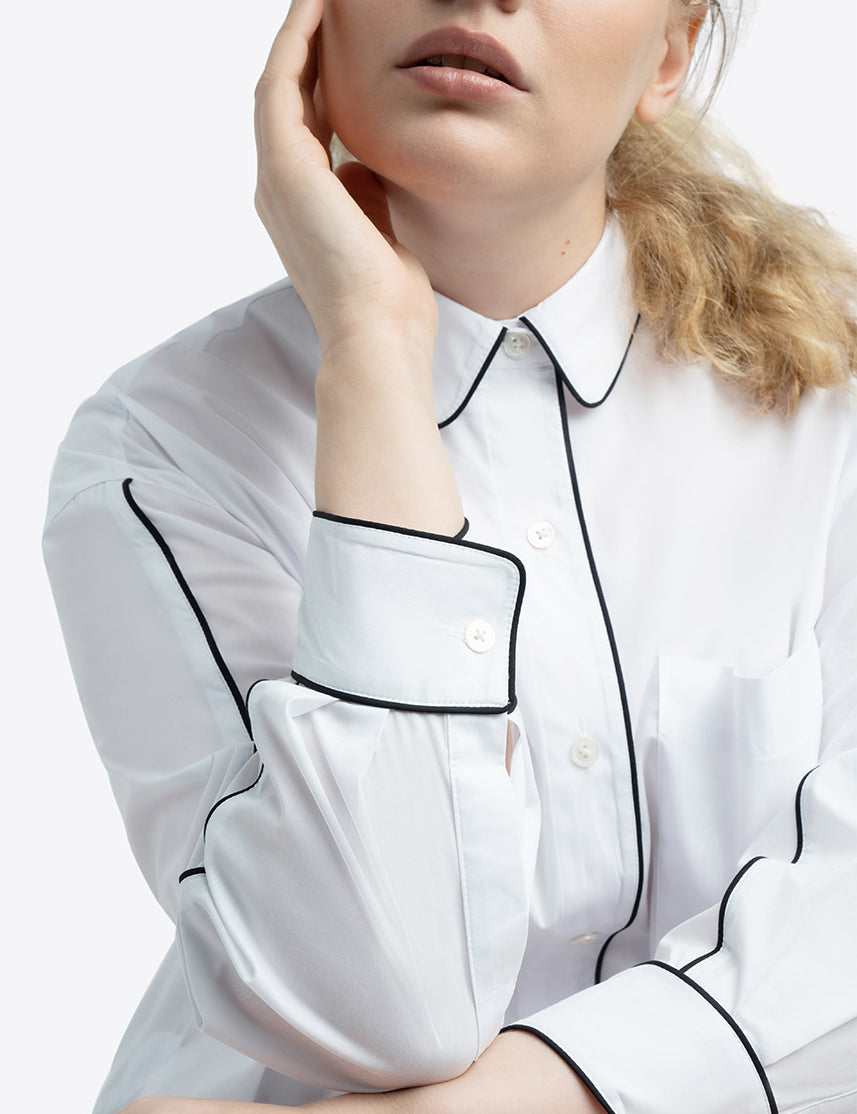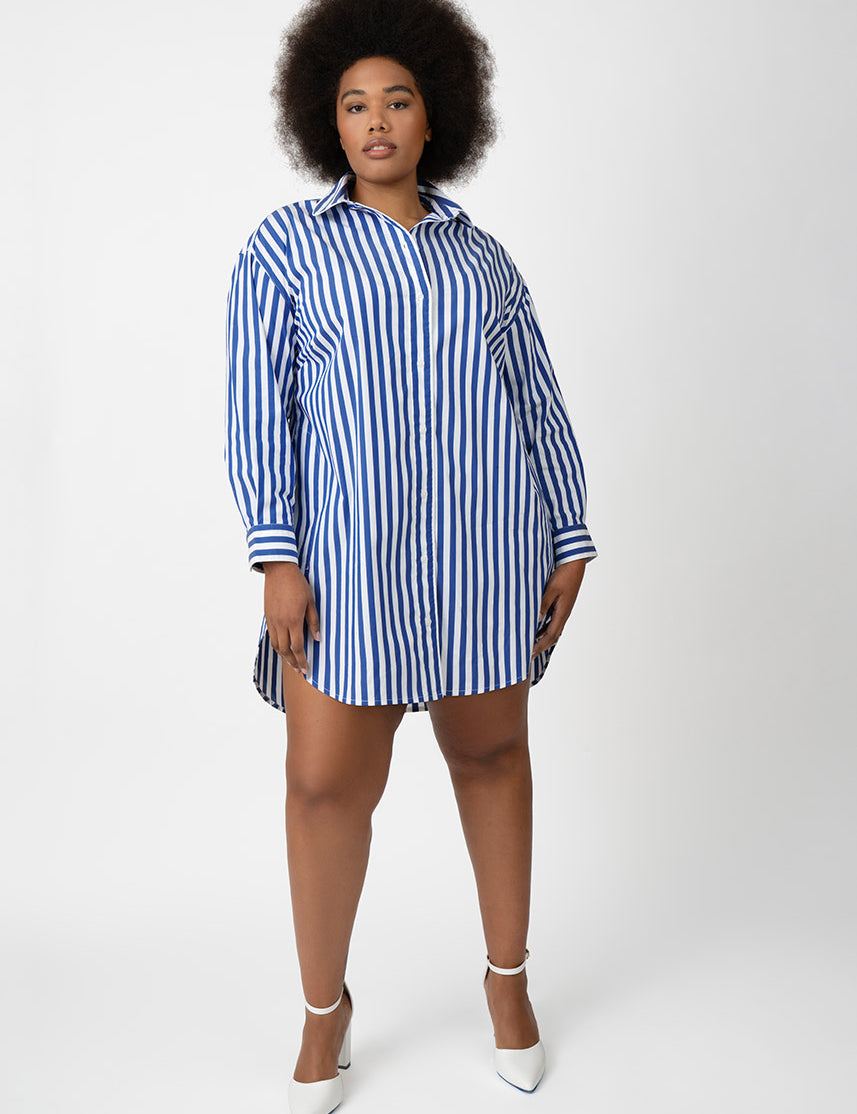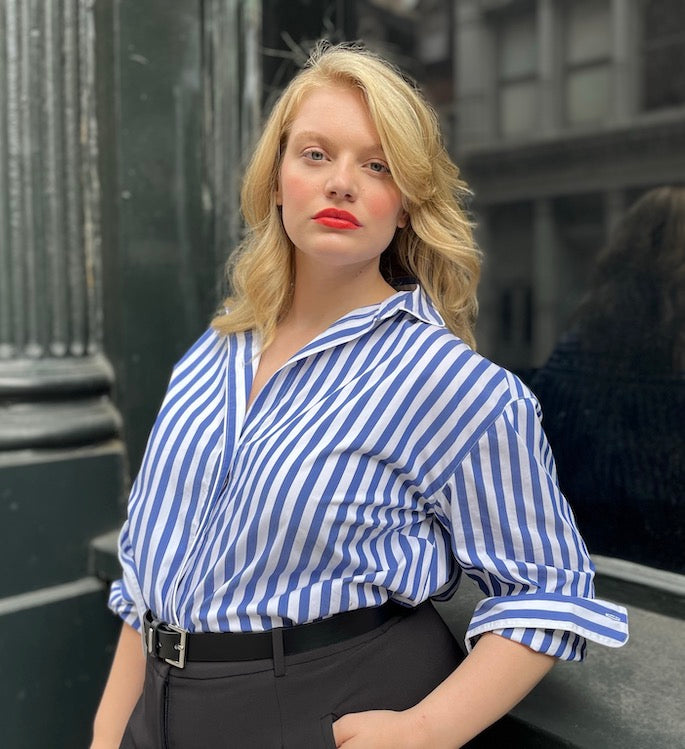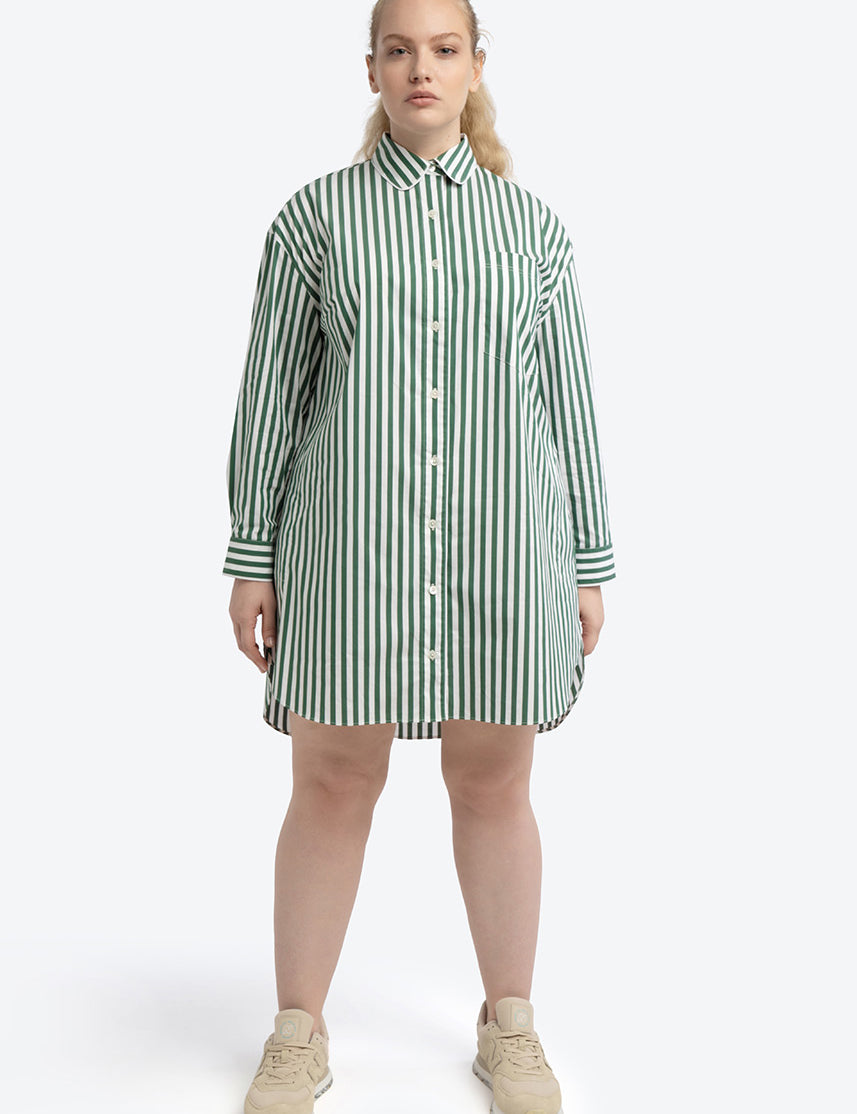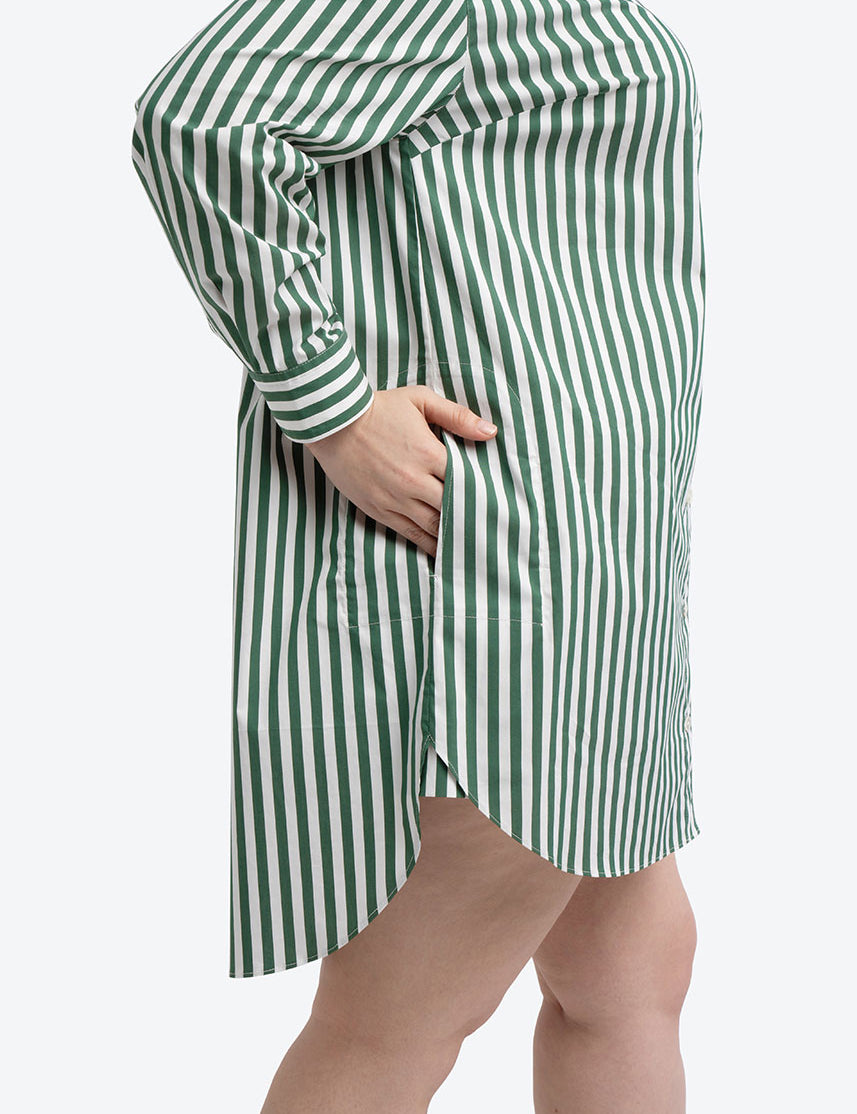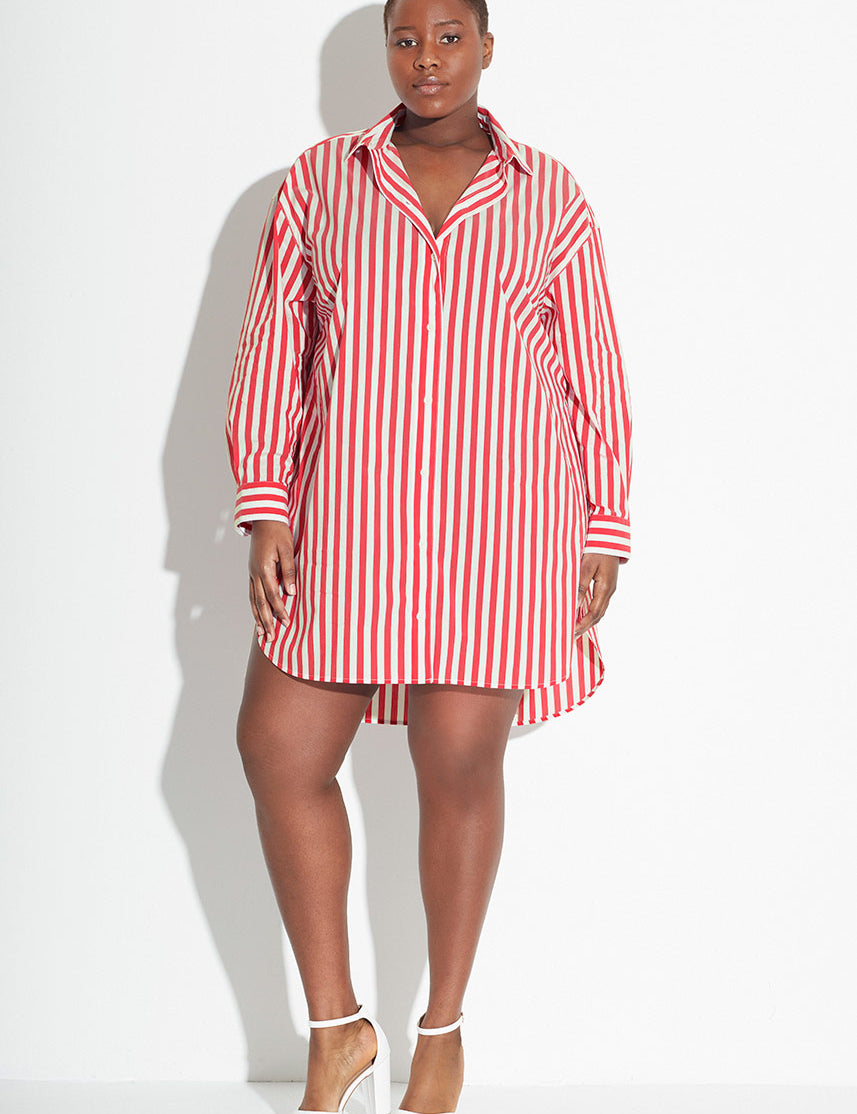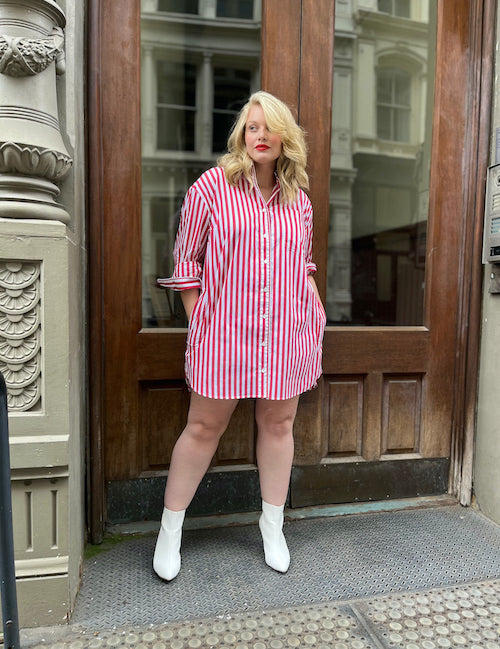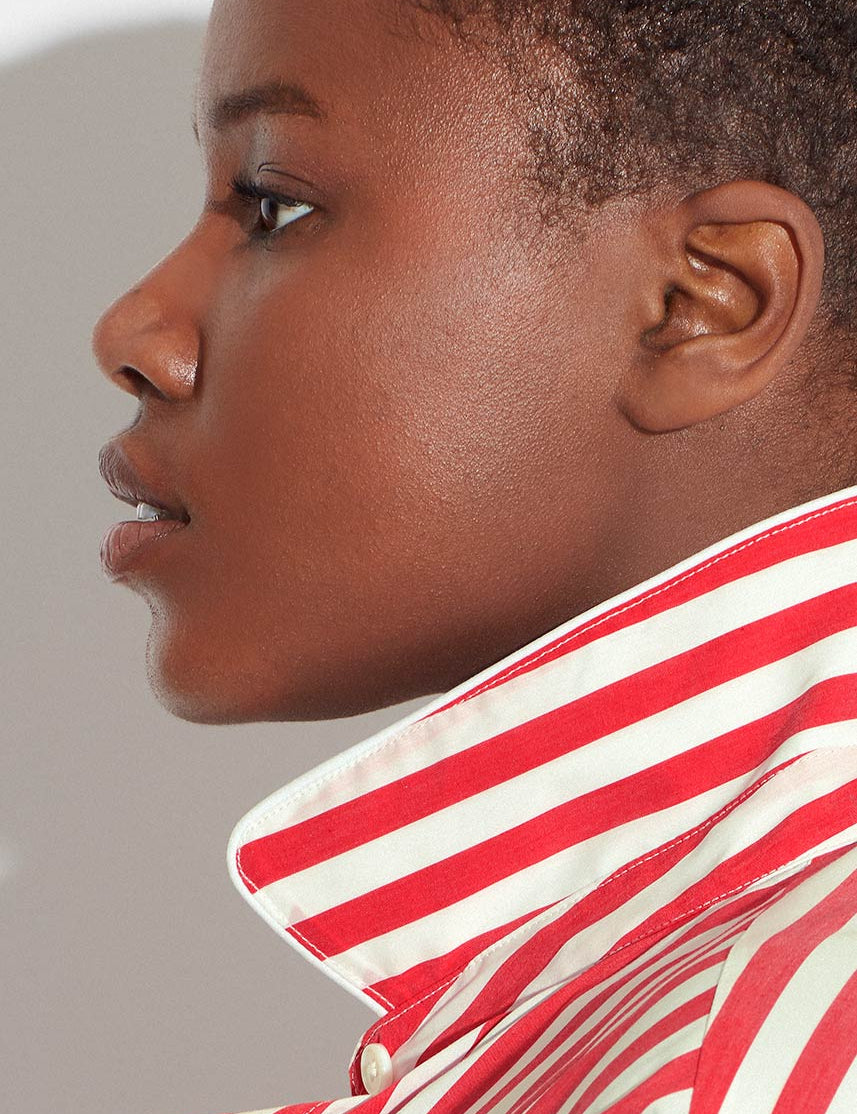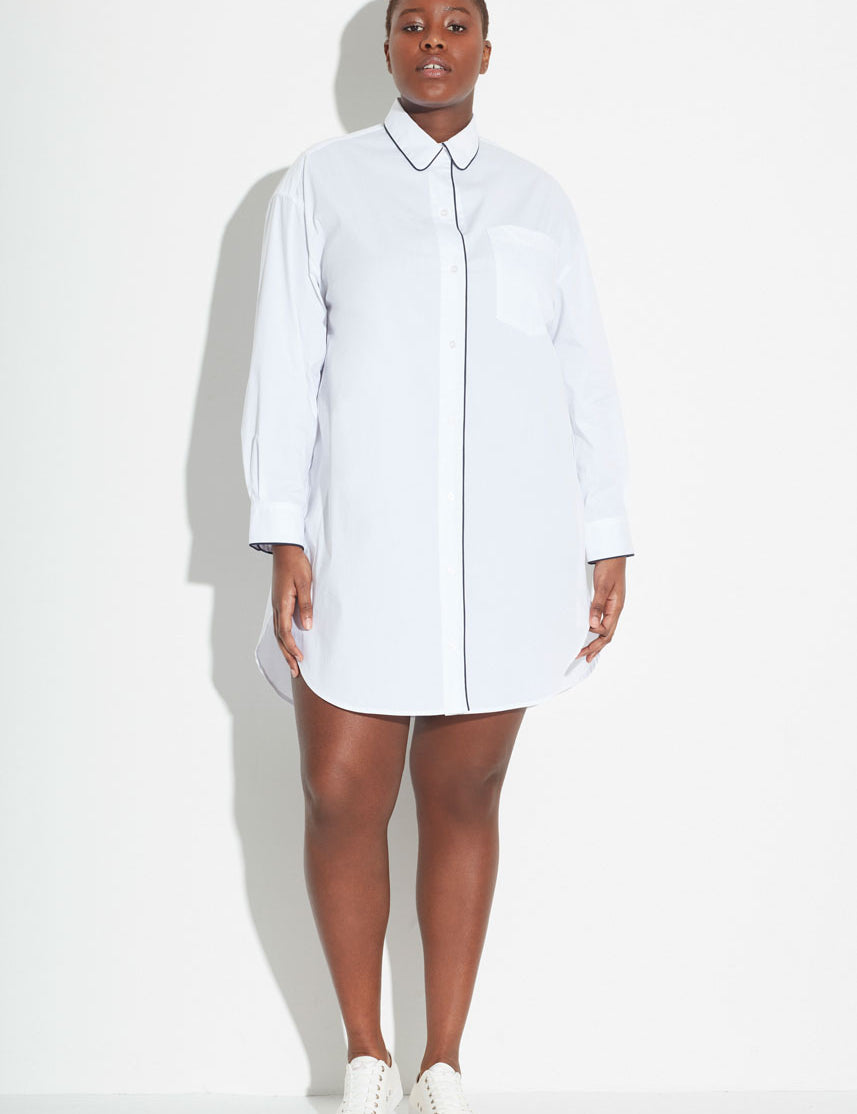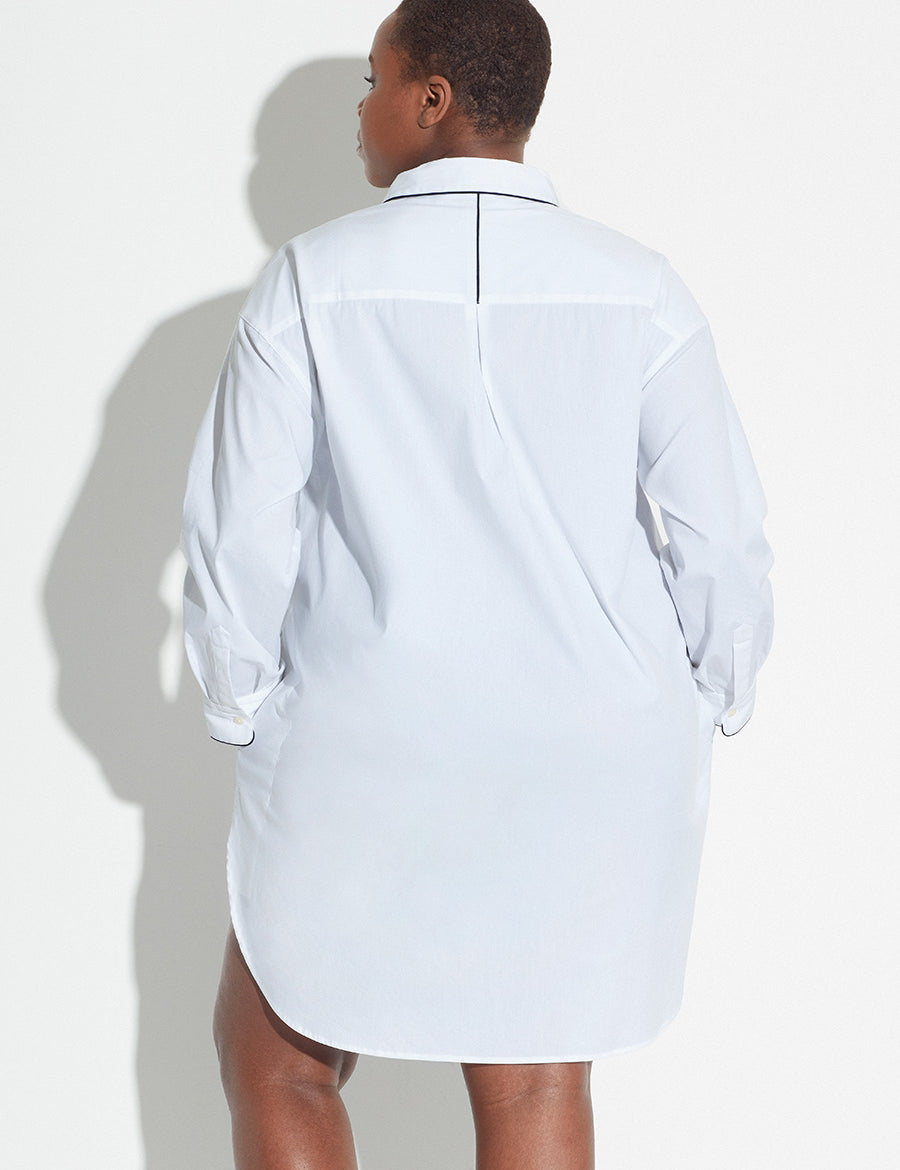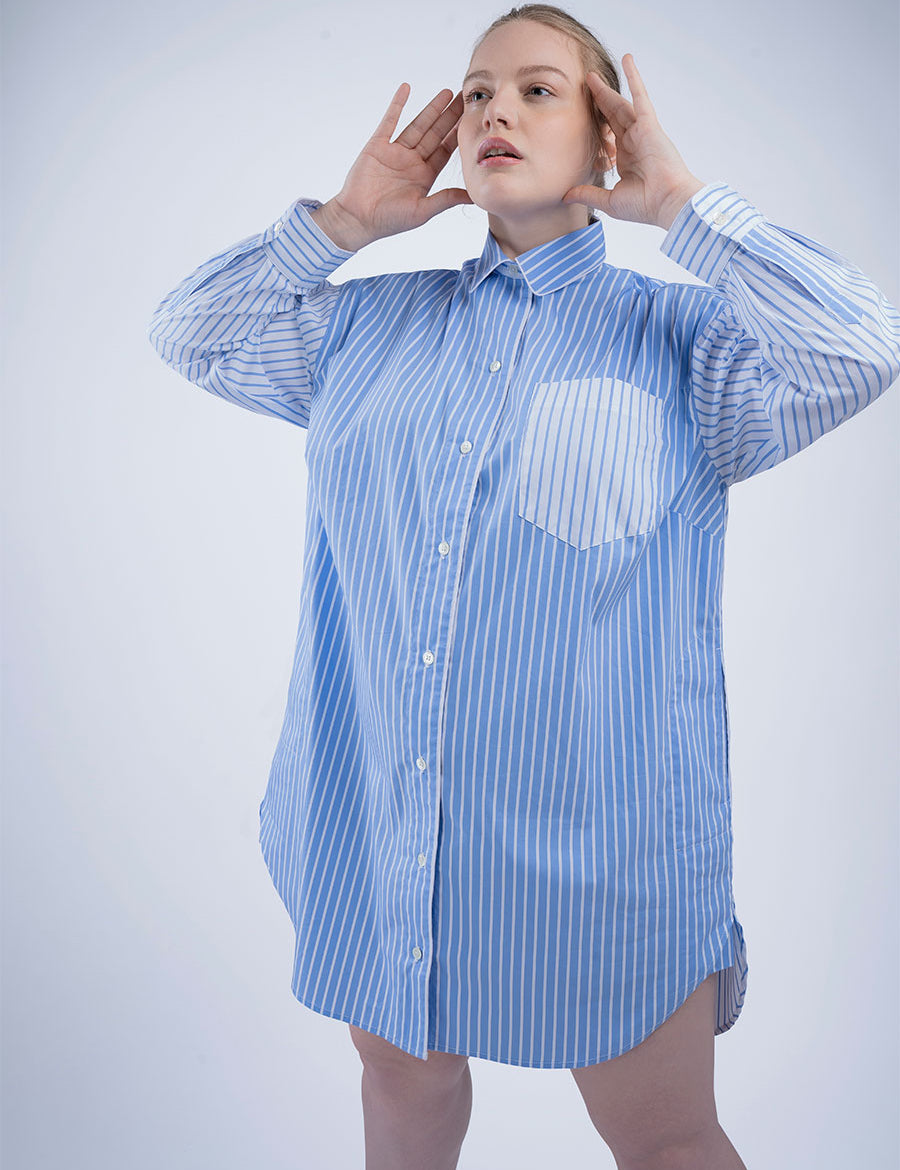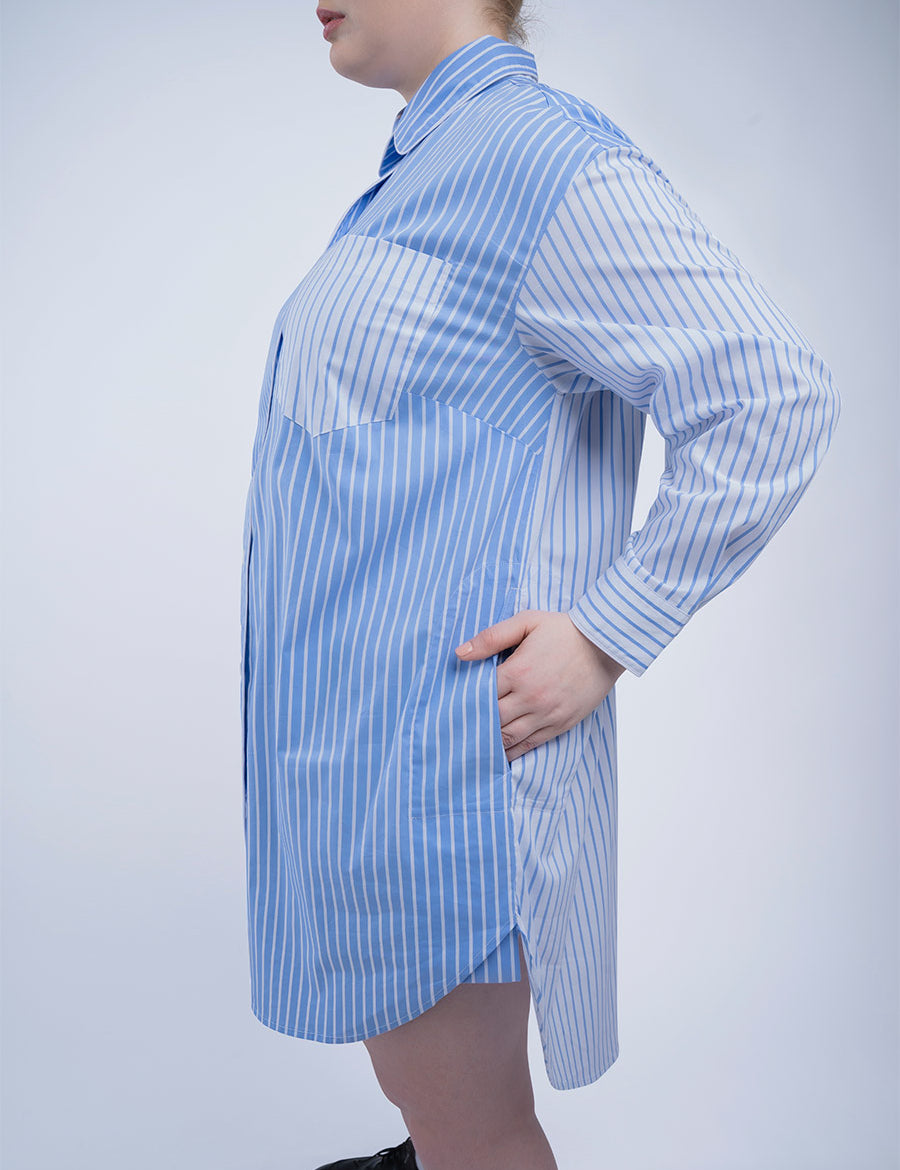Virgie Tovar is one of the most engaging people I've ever met. I know, a huge statement! But listen up. I believe connecting with people in 2020 has a deeper sense. It is not the same in person passive hello-how-are-ya'-goodbye of the past. 2020 connecting means you have to talk, communicate and when someone takes the time to do this genuinely - to me - it means more. So when I say we "met," I mean it in the intense-2020-pandemic-social-distance kind of way. Yi and I originally connected with Virgie when she interviewed us for a Forbes article on See ROSE Go. After the interview we continued to talk. We didn’t want the discussion to end! After going through the cycle of goodbyes to more conversation, Yi and I knew we had to turn the tables and interview Virgie, the pressure was on! What I can tell you is this, Virgie is beautiful, kind, approachable, generous, funny, fiercely intelligent and knowledgeable - not the kind that makes her difficult to talk to, the kind that makes you want to gather 'round and converse. It is clear to me Virgie cares for people, she cares about the effects our culture and society have on us, she studies it, learns from it and she cherishes being able to help everyone see their true impact and value in it.

Photo credit: Virgie Tovar in her WFH uniform, the Camo Jacket over bikini top and denim.
Shop the Camo Jacket
SRG: Virgie, so much to talk about. You have a lengthy list of accomplishments across education, journalism and activism. We want to start at the beginning - what helped shape you into who you are today?
VT: Probably having a very loving but dysfunctional family. I am definitely the "golden child" in my family, which is a concept I learned in ACoA (Adult Children of Alcoholics and Dysfunctional Families). In the ACoA framework, we're the child who excels and "proves" that the family situation isn't "that bad." I was raised by a Golden Child (my grandfather, whose father was a violent alcoholic), and I followed in his footsteps as a highly diversified, Renaissance woman achiever type. I know I also have more confidence than a lot of people because my family loved me and sort of worshiped me in childhood. A lot of girls and women aren't given that, and it really matters. Obviously growing up a fat girl in a culture that really, really hates fat girls also shaped my work and my desire to change the culture so no one has to experience what I did. I had the privilege of traveling a lot as a very young adult, and it completely transformed my ability to imagine what was possible for my life and what was possible for what the world and this culture could look like. I also think I had a lot of luck: I found anti-racists. I found feminists. I found fat activists. I met people who told me I was smart and rad and hot and powerful. All of that has shaped me.

SRG: A one liner that would describe you is…?
VT: A fat brown babe who loves travel, chihuahuas, huge earrings and smashing patriarchy.
SRG: What is one mistake you made in your career that you learned the most from?
VT: Well, the thing I'm thinking of is probably more like a series of mistakes! But I'm a recovering critic. Don't get me wrong. My work will always be critical of racism, fatphobia, diet culture, and misogyny, but I used to go after colleagues really hard for saying or doing something I perceived as wrong, and I often weaponized social justice language to do it (which I now know was unconscionable). In retrospect, I think I felt both really powerless and really entitled. I felt the internet was the only space where I could actually make any impact I could see (through likes or "hell yeahs" or whatever). And I couldn't admit it at the time, but my behavior was really entitled. I felt entitled to take all my feelings and my bullshit out on other people who were actually a lot like me. And then at some point in my career the tables turned, and I was on the other end of that same toxic process. I had presumed that no one was really actually listening to my endless tirades, and then I learned that I was wrong. I learned that I did have the power to harm others and others had the power to harm me, and that was painful and sobering and humbling, but also massively important. I'm still trying to figure out what it looks like to make amends, be responsible, measure the times I need to stand up and say something against the times when I actually need to slow down and be contemplative.

SRG: You have a leading voice creating much needed awareness around weight based discriminations and body image. How we view ourselves relates to the impact we make in the world. This then correlates to how people show up and contribute to all aspects of society! What immediate change would you like to see tomorrow that would make the most resounding ripple effect in our ideology around body image.
VT: The immediate change I'd like to see would be understanding that there's nothing wrong with you or your body and that it's the culture that needs to change, not you. I think when it comes to body image a lot of people think the worst thing in the world is that they could be what our culture deems "ugly:" fat, disabled, dark-skinned, or old. In fact, we are currently living the worst case scenario; living with constant fear and discomfort around our bodies IS the worst case scenario. I'm fat, and there are gorgeous parts of being fat. I like being fat. It's nowhere near the worst thing in the world. My life before - when I was trying to be thin - that was hell, that was awful, that was harming my physical and mental health, even though I believed at the time that it was all part of self-improvement. Self-improvement is a fucking scam, SRG!
Video credit YouTube "Lose Hate Not Weight" TedTalks
SRG: YES!! We realize this is so so important and while creating clothing can be a very humble thing, when we can create a piece that helps a women feel this and see this, its a pretty awesome thing.
Is this constant focus on self improvement why we often play the “waiting” card on ourselves when we want something?
VT: Because we've been taught unworthiness and inferiority. It's pretty simple. Misogyny teaches women that we're second class citizens and something is, therefore, wrong with us. This belief is bolstered by diet culture and the beauty industry. So we keep waiting for and working toward the "right" version of ourselves to emerge (through weight loss or whatever), and we believe that when she arrives we will have finally earned the right to have the things we want. The hard but liberating truth is: she ain't coming. You already are the best version of yourself. There isn't a secret better version of you hiding inside you. You're already her.

SRG: This year has been trying and emotional to say the least! How have you found respite and focus?
VT: A lot of slow breathing! I use a method I learned in meditation: getting my breathing to 6 total breaths per minute. It's really calming to the nervous system. I take walks in Golden Gate Park and talk to friends now more than ever. I also got a membership to Skillshare.com and have been learning all the stuff I never had time to learn before: like floral arrangement and tea rituals. I also have been hosting my own one-woman documentary film festivals, where I design a little schedule and choose films to watch and set up elaborate popcorn rituals! I really miss traveling which is a huge part of my identity and mental health. So sometimes I do faux travel days. Like I was remembering this really wonderful trip to Jamaica the other day and so I decided to download a bunch of Bunny Wailer, make some fruity blended drinks, and put on a bathing suit while I worked in my house.
SRG: What are your wardrobe favorites right now and how have these changed (or not changed!) over the last six months?
VT: A lot of bathing suits (they're cute, festive, comfortable and waterproof) and tiny body con dresses. I mean, my ideal wardrobe is essentially cut-off shorts and bikini tops with huge earrings. So I'm living my best life right now. I've worked from home for a long time, and also have a professional style that has always been more relaxed and playful. I wear a blazer roughly .51 times per year. So the transition hasn't been as hard for me. I think COVID has given me an opportunity to wear the things I love wearing, but that I know would attract more attention than I want to handle if I wore it out of the house as a woman, especially a fat woman. I, like many people, are prioritizing comfort. So, I rarely wear jeans or structured garments anymore. I've also noticed that fabric texture has begun to matter more: soft fabrics are comforting.
SRG: If you weren’t a super human activist / camp counselor / journalist / podcast host / public speaker / educator (whew!) you would be ________________!
VT: An ethnobotanist, probably.
SRG: OK, admittedly, I'll have to look that one up. While I'm Googling and on Wikipedia tell us your go-to beverage after a long week? Recipe please!
VT: Hmmm... that changes a lot! This week's feature drink was some fresh-squeezed grapefruit juice and lime juice with lavender bitters and gin and some bubbly water, and I rimmed the glasses with lavender-infused sugar (I just dropped some lavender bitters onto a plate of 2 or 3 tablespoons of sugar and let it absorb before rimming). Very refreshing and fance! The week before it was a blended beverage of frozen passion fruit, frozen mango and rum. Tangy! I also pretty much love mixing anything with an innovative sparkling water flavor. My current favorite is the cactus and rose flavored water from Aura Bora . Also for excellent mixology porn I recommend following Il Pelicano on Instagram:

Image credit: @hotelilpellicano Instagram
SRG: PS - An Ethnobotaist studies the way living things are treated or used by different human cultures. Scientist study the dynamic relationships between people, regional biology, and environments, all from past to the immediate present!! Go Virgie!
Author: Erin Cavanaugh
Co-founder See ROSE Go




